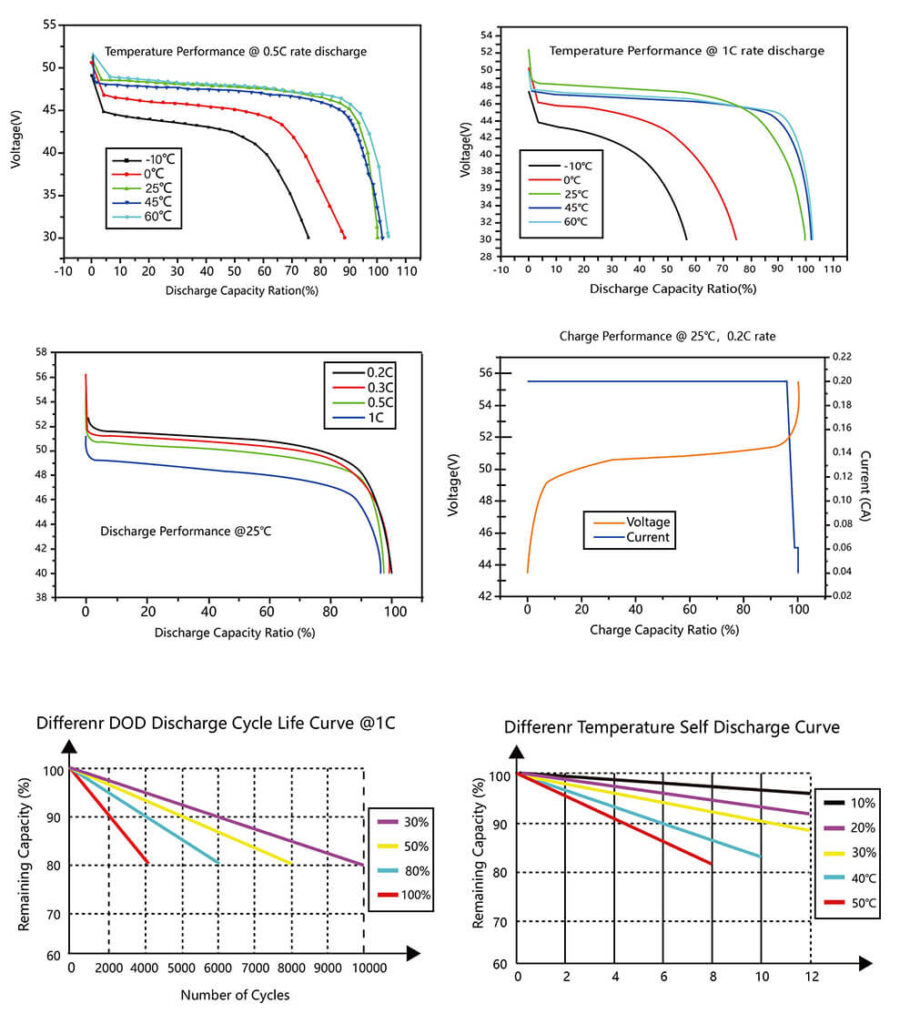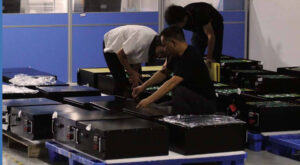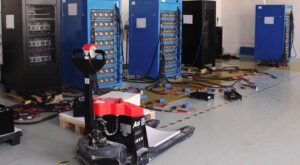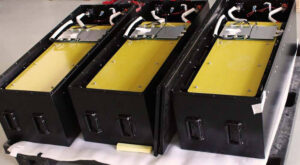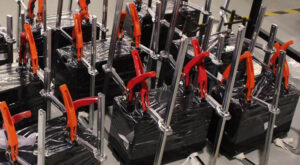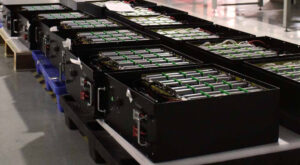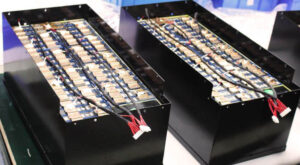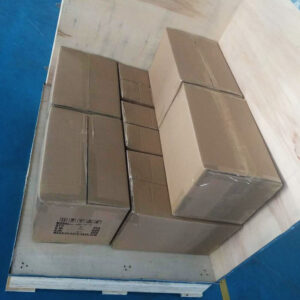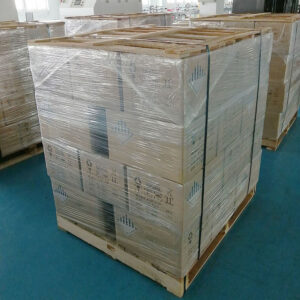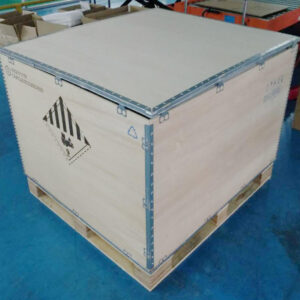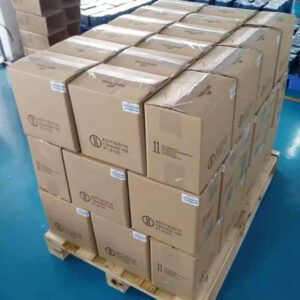48V 60Ah battery can be used as powerwall alternatives in renewable energy systems. Lithium-ion batteries are rechargeable and come in various voltages and capacities. They’re often used as backup power supplies for solar home systems and wind turbines.
| Dimensions | 525x240x220mm(20.67''x9.49''x8.66'') |
|---|---|
| Weight | 30Kg(66.1lb) |
| Nominal Voltage | 51.2V |
| Nominal Capacity | 60Ah |
A LiFePO4 battery is a form of lithium-ion battery that has a cathode made of LiFePO4 (Lithium iron phosphate). The anode is made up of a graphic carbon electrode and a metallic backing. It operates at a lower voltage and has a lower energy density than lithium cobalt oxide (LiCoO2). LiFePO4 has various properties, including low toxicity, long-term stability, low cost, and well-defined performance. These characteristics have made the battery important in vehicle use in a variety of roles, including backup power.
The principal lithium technology used in RV batteries is LiFePO4. The primary advantage of lithium technology in RV batteries is its higher energy efficiency; hence, an RVer may consume more energy from the battery. Furthermore, lithium-ion batteries have low internal resistance, resulting in a highly efficient and fast charging method. They are non-toxic and less difficult to dispose of than lead-acid batteries.
Due to various characteristics, lithium-ion batteries, notably LiFePO4, are highly efficient in Camper Vans. For instance, lithium-ion batteries are lightweight, with a high weight-to-power and weight-to-capacity ratio. Furthermore, its charging method is efficient because it can accept a high charge current and recharge in less time (within 2 hours). It also has a longer lifespan of more than ten years, as opposed to a lead-acid battery, which can only last two to three years. It also features a simple installation process. They can also be utilized for commercial and recreational marine applications because they are energy and cost-efficient, as well as environmentally benign, as they do not emit CO2, vibrations, noise, or exhaust fumes.
In addition, LiFePO4 could be used in golf carts. The key benefit of batteries in this application is their lengthy life period. Lithium-ion batteries are frequently guaranteed for five years and have a lifespan of ten years or more. This is less expensive and more convenient than lead-acid batteries, which must be recycled after two to three years. Its opportunity charging nature makes it excellent as well since it can be charged efficiently at the nineteenth hole or midway house.
With more than 2,000 cycles at 80% DOD(depth of discharge).
Charge: 0°C to +60°C
Discharge: -20°C to +60°C
60A max, please use the LiFePO4 charger to charge the battery.
60A continuous discharge current, 120A peak discharge current.
Protect the battery from high voltage, low voltage, over-charge, over-discharge, short circuit, and high temperature.
